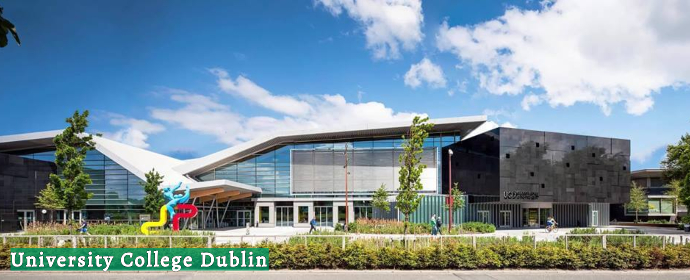Research Engineer, UCD School of Electrical and Elec Eng, temp

Applications are invited for a temporary post of a Research Engineer within UCD School of Electrical and Electronic Engineering. The Irish power system targets 80% renewables by 2030, based mainly on onshore/offshore wind and solar PV generation. However, as countries such as Ireland work towards expanding their renewable energy share, they face challenges in maintaining the electrical stability of their power system. Variable speed wind turbines exhibit distinct dynamic responses compared to synchronous generator-based power plants, due to the complex power electronics and associated control strategies, and power exchange strategies for grid services. For systems with high wind (and solar PV) shares, the inherent synchronous inertia reduces as fewer synchronous generators are scheduled online, which affects the system's ability to withstand frequency disturbances. In addition, as wind turbines (and solar PV) are decoupled from the grid, they can't provide damping or synchronising torque to the system. Consequently, the dynamic response and overall damping of a power electronic (wind and solar PV) dominant system are diminished, such that maintaining synchronism after a disturbance becomes challenging. From the above, it follows that system services are required for high renewable power systems to enhance the available synchronous inertia, fast-acting response and operational flexibility of the network, as part of keeping the frequency and voltage within acceptable limits during normal operation and quickly restoring them after grid disturbances. In recent years, the largely invisible, but crucial, role that synchronous machines have always played in "forming" the grid voltage and maintaining synchronism across generators is being recognised, with at least some future generation, and/or storage, possessing "grid-forming" capability being seen as critical for secure system operation. At present, battery energy storage systems and synchronous condensers are preferred options to support high renewables ambitions, but cost considerations encourage more innovative technologies to be investigated. We are seeking to hire a research engineer (part-time), as part of an SEAI (Sustainable Energy Authority of Ireland) RD&D project, to investigate the potential for type 5 wind turbines to support the operational and stability needs for future high renewables power systems. Type 5 turbines replace the converter and gearbox of type 3 and 4 wind turbines with a mechanical hydraulic fluid transmission, which connects the variable speed aerodynamic rotor to a directly grid-connected synchronous machine, such that all the well-understood benefits of synchronous machines apply. The project will involve the development of high-fidelity electro-mechanical models of type 5 wind turbines, and their control systems, with their ability to meet grid code (and system service) requirements being evaluated, in comparison with type 3 and 4 (converter-based) wind turbines. The implications of large type 5 wind farm deployments on fast frequency reserve requirements, and other system services, as well as achieving very high system non-synchronous penetration (SNSP) levels will be assessed. Finally, techno-economic analysis will determine the optimal combination of type 5 turbines, for reducing reliance on grid-forming converters and synchronous condensers for the future Irish power system. Fixed Salary: €55,000 per annum €16,923.50 pro rata, 12 hours per week Closing date: 12:00 noon (local Irish time) on the 30th April 2025. Applications must be submitted by the closing date and time specified. Any applications which are still in progress at the closing time of 12:00 noon (Local Irish Time) on the specified closing date will be cancelled automatically by the system. UCD are unable to accept late applications.UCD do not require assistance from Recruitment Agencies. Any CV's submitted by Recruitment Agencies will be returned.
Prior to application, further information (including application procedure) should be obtained from the Work at UCD website: https://www.ucd.ie/workatucd/jobs/